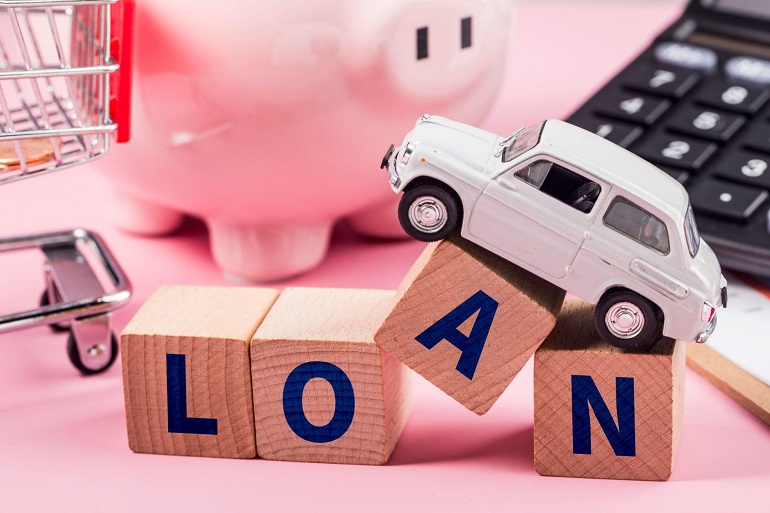Introduction:
Buying a car is a significant investment, and ensuring that it comes without any financial encumbrances is crucial. Unfortunately, some sellers attempt to offload vehicles with outstanding finance, leaving unsuspecting buyers in a precarious position. In this article, we will explore the legality of selling a car with outstanding finance, the potential consequences for both buyers and sellers, and how to protect yourself from falling victim to such transactions. You can directly use the car finance check through The Auto Experts at £9.99.
Understanding Outstanding Finance
Before delving into the legality of selling a car with outstanding finance, it's essential to understand what outstanding finance means. Outstanding finance, also known as an encumbrance or a lien, occurs when a car has an existing loan or credit agreement secured against it. This means that the vehicle still belongs to the lender until the debt is fully paid off.
Is It Legal to Sell a Car with Outstanding Finance?
The Seller's Perspective:
From the seller's standpoint, selling a car with outstanding finance is not inherently illegal. However, there are strict legal obligations that must be met. The seller is required to inform the buyer of the outstanding finance, providing full disclosure of the financial encumbrance. This disclosure should be made in writing and presented to the buyer before the transaction is finalized. Failing to disclose outstanding finance to the buyer can lead to legal consequences, including fines and potential lawsuits.
The Buyer's Perspective:
For the buyer, the situation is more complicated. Purchasing a car with outstanding finance can be legal if the buyer is aware of the encumbrance and willingly assumes responsibility for it. In such cases, the buyer typically pays off the outstanding loan directly to the lender or incorporates it into their own financing arrangements. However, if the buyer is not informed about the outstanding finance, they may unwittingly purchase a car with financial liabilities attached.
Consequences for Both Parties
For the Seller:
Sellers who fail to disclose outstanding finance can face severe consequences. In addition to legal penalties, such as fines and potential legal action from the buyer, the seller's reputation can suffer. Word of mouth and online reviews can quickly tarnish the seller's credibility, making it challenging to conduct future transactions. It's always in the seller's best interest to be transparent and honest about any outstanding finance on the vehicle they are selling.
For the Buyer (150 words):
Buyers who unknowingly purchase a car with outstanding finance can find themselves in a difficult financial and legal predicament. They may become responsible for repaying the outstanding loan, which can be a substantial financial burden. Additionally, the buyer may face challenges when trying to register the car in their name, as the finance company may still have a legal claim to the vehicle. In some cases, the vehicle could even be repossessed.
Protecting Yourself as a Buyer
Conducting Due Diligence:
As a buyer, the key to protecting yourself from purchasing a car with outstanding finance is to conduct thorough due diligence. Request a full vehicle history check report that includes information on any outstanding finance. Verify the information provided by the seller and consider enlisting the services of a qualified mechanic or a professional vehicle inspector to assess the car's condition.
Legal Recourse:
If you unknowingly purchase a car with outstanding finance, consult with legal professionals to explore your options. Depending on the circumstances, you may have legal recourse against the seller for nondisclosure. Additionally, you can work with the finance company to settle the outstanding debt and obtain clear ownership of the vehicle.
Conclusion:
In conclusion, selling a car with outstanding finance is not illegal, provided that the seller fully discloses the encumbrance to the buyer. Buyers, on the other hand, must exercise due diligence to ensure they are aware of any outstanding finance before finalizing a purchase. Failing to do so can have serious financial and legal consequences. To protect both parties involved in a car sale, honesty, transparency, and adherence to legal requirements are paramount. Always be cautious, ask questions, and verify information to ensure a smooth and legally sound car-buying experience.


No comments yet